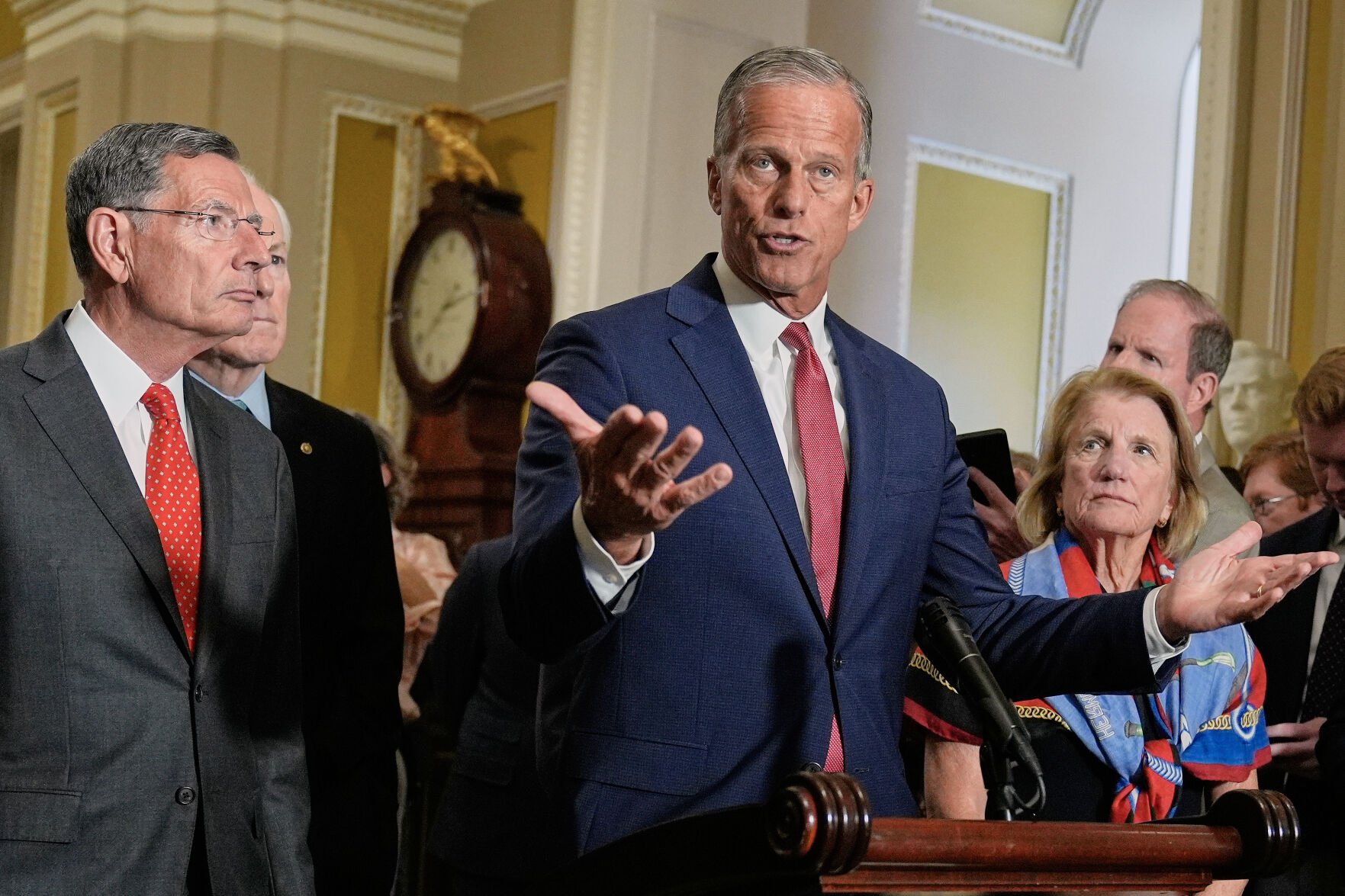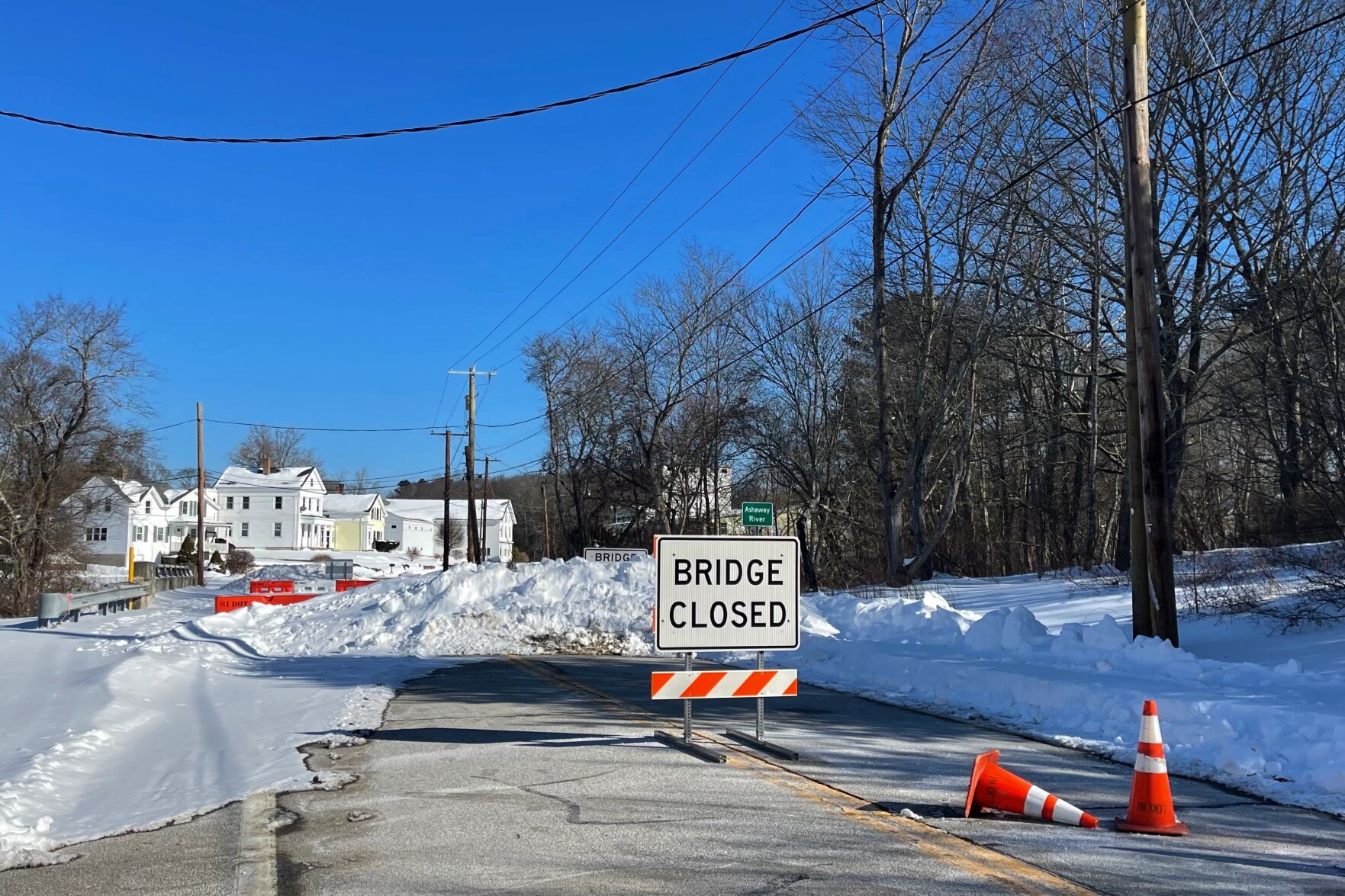Senate Republicans plan to change the Senate’s procedural rules, aiming to expedite the confirmation of President Donald Trump’s nominees. They hope these adjustments will help overcome what they view as Democratic-led delays and swiftly fill critical positions in the administration.
Senate Republicans poised to change rules to speed up Trump’s nominees

Key Takeaways:
- Senate Republicans propose adjusting chamber rules to speed up nominee confirmations.
- These changes are intended to counter perceived Democratic delays.
- The plan is focused on confirming groups of President Trump’s nominees.
- Action is expected to begin on Thursday, reflecting a sense of urgency.
- The move underscores ongoing partisan friction over staffing the administration.
Rule Changes in the Senate
Senate Republicans are set to begin modifying rules on Thursday to streamline the confirmation process for President Donald Trump’s nominees. According to the report, they believe current procedures empower Democrats to slow down or stall approvals and want to implement a new approach that expedites debate and voting.
Targeting Delays
By reducing debate times and procedural hurdles, Republicans aim to overcome what they consider unnecessary delays by Democratic senators. The goal is to ensure that nominees awaiting confirmation can move through the Senate without extended back-and-forth or repeated cloture votes.
Implications for Trump’s Nominees
Groups of President Trump’s nominees have been left in limbo due to slow-moving confirmations, sparking concern within the White House and among GOP lawmakers. Supporters of the measure argue that the administration needs to fill crucial roles, and this rule change could significantly shorten the wait for many appointees.
The Path Ahead
If the rule changes take effect as planned, future nominations may proceed at a quicker pace, reshaping how the legislative branch handles appointments. This development may also signal growing impatience among Republicans who view the existing confirmation process as unnecessarily cumbersome. The upcoming actions, set to begin Thursday, are expected to lay the groundwork for more efficient Senate operations in the months ahead.











